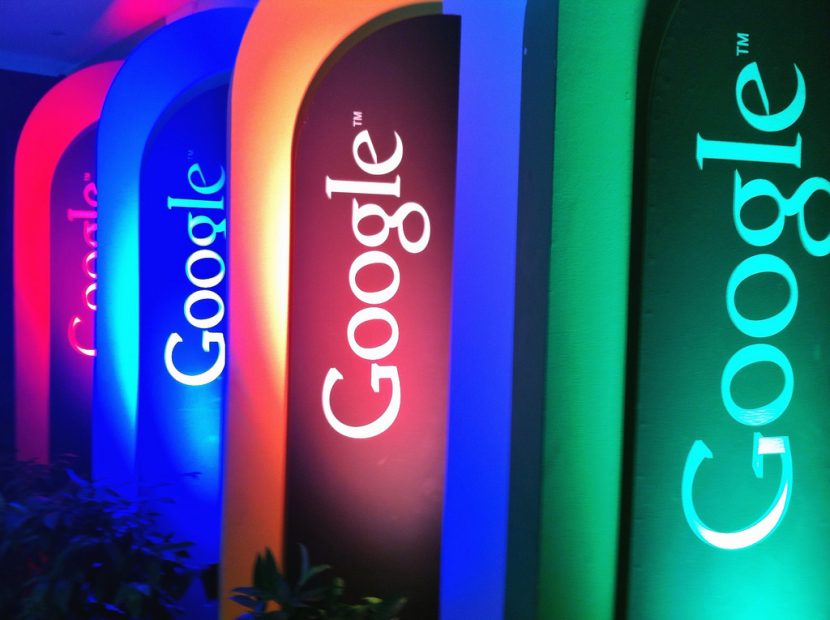
For many Americans, going online is an important way to connect with friends and family, shop, get news and search for information. Yet today, 13% of U.S. adults do not use the internet, according to a new Pew Research Center analysis of survey data. The size of this group has changed little over the past three years, despite recent government and social service programs to encourage internet adoption. But that 13% figure is substantially lower than in 2000, when Pew Research Center first began to study the…








